What Leadership Can Look Like as a CSU Engineer
While most people think of the stereotypical engineer as someone who does math all day at a desk, there is actually a lot of social and relationship navigating when it comes to engineering. Engineers have to learn how to communicate, learn, and teach within a group. This is where leadership skills come into play.
Leadership roles in engineering are vital beyond college. Being able to communicate your ideas clearly and take charge on projects makes you stand out to companies, and people want you on their team. Even once you land a job, being a leader doesn’t stop there. Having these skills and growing in administrative positions will allow you to climb higher within your field.

My name is Sarah, and I am a fourth-year double major in Biomedical and Mechanical engineering. From my time and experience at CSU, I’ve been able to grow as a leader through many pathways within engineering.
Leadership comes in many and all forms, but I’m here to tell you about ways you can become a leader through different opportunities within the Walter Scott, Jr. College of Engineering.
Through Your Classes
In most engineering majors (especially mechanical) you will be given group-based assignments or projects which bring about a need for a group leader. Taking on the role of team lead will help you learn valuable skills, such as patience, communication, organization, and adaptability. When I was the team lead for my Mechanical Engineering Design course, I had to plan meetings, take meeting notes, facilitate team decisions, and create action items for each project deliverable. Even in your lab classes, most lab–work is based in groupwork, and there will always be a need for a leader when running experiments and writing reports.
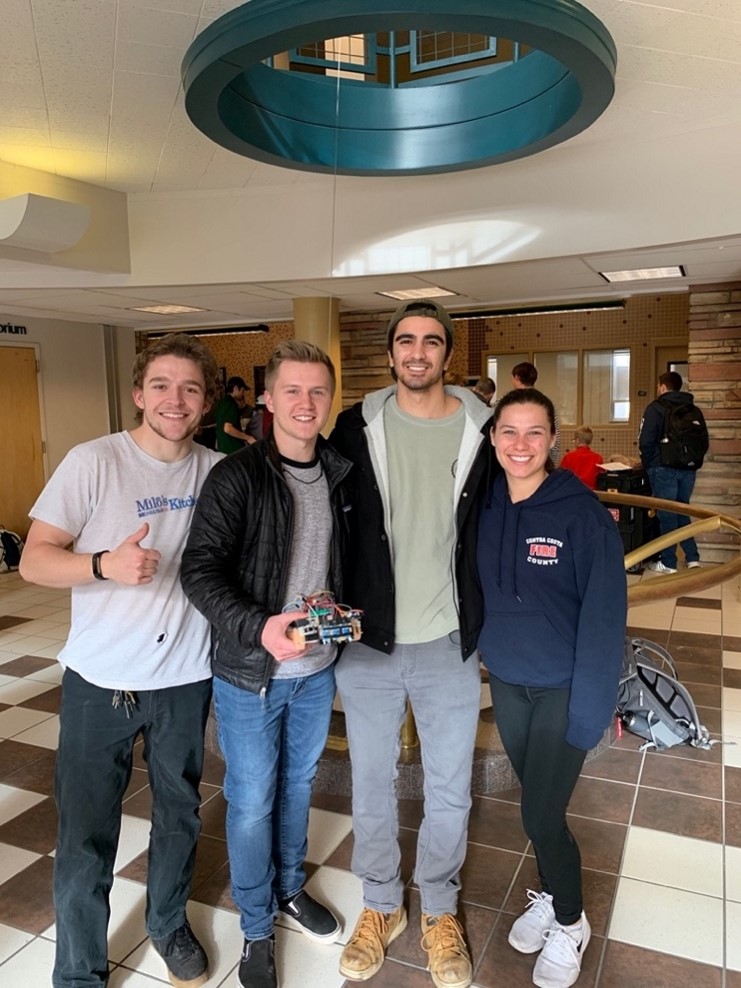
Usually, engineers don’t put basic core classes they’ve taken on their resume, as these classes can be found at most universities. However, if you’ve had a leadership position in a lab class or project, this is great experience that you should definitely talk about in job interviews.
In Research Labs
Getting involved with research on campus is a great way to gain a whole bunch of skills, with leadership being among them. Once you’ve worked in a lab for a couple semesters, you will be able to lead others by training new research assistants, authoring research studies, developing experiments, and presenting data. These experiences will give you skills leaders need to be successful, like public speaking, accountability, and prioritizing. Learn more about Interdisciplinary Research Laboratories here. You can also check out our blog on Research as an Undergraduate Student!
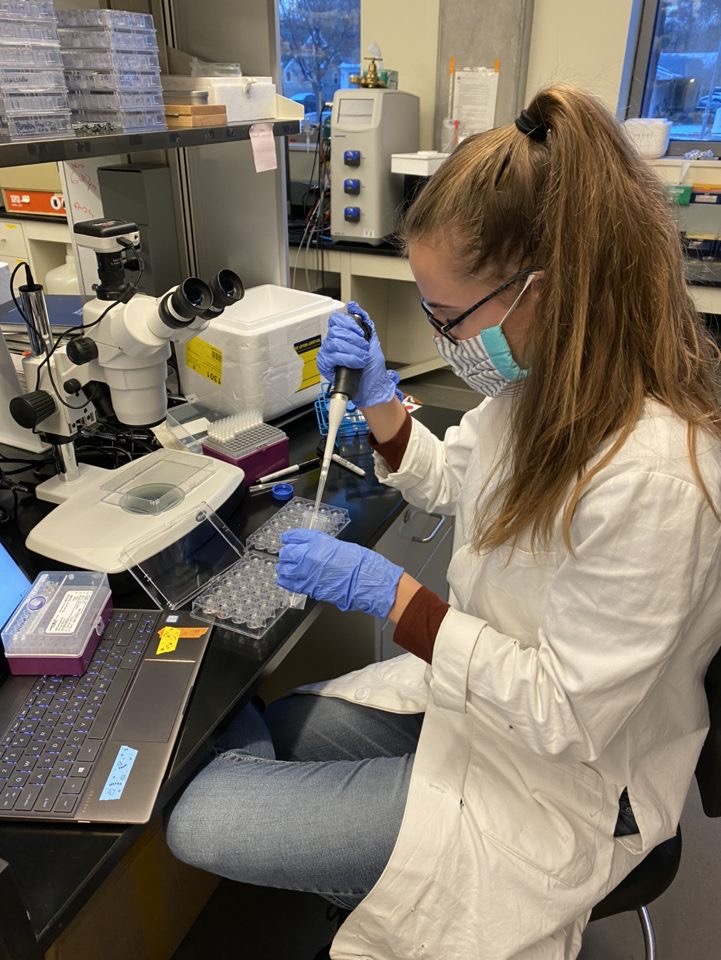
In Clubs and Organizations
Participating in clubs and student organizations is a great way to get real, heavily responsible leadership experience. What’s great about participating in these opportunities is that there are different positions available which have varying amounts of responsibility. For example, I’ve steadily increased my involvement in Society of Women Engineers (SWE) by overseeing larger and more important roles. My freshman year, I was part of the Introduce a Girl to Engineering committee, and then an officer as a Representative to the Engineering College Council. From there, I’ve been a SWE officer as the Fundraising Coordinator, Mentoring Program Director, and next year I will be the section president! The skills I’ve gained through these experiences have helped me to learn how to deal with difficult conversations, delegate, and motivate others.
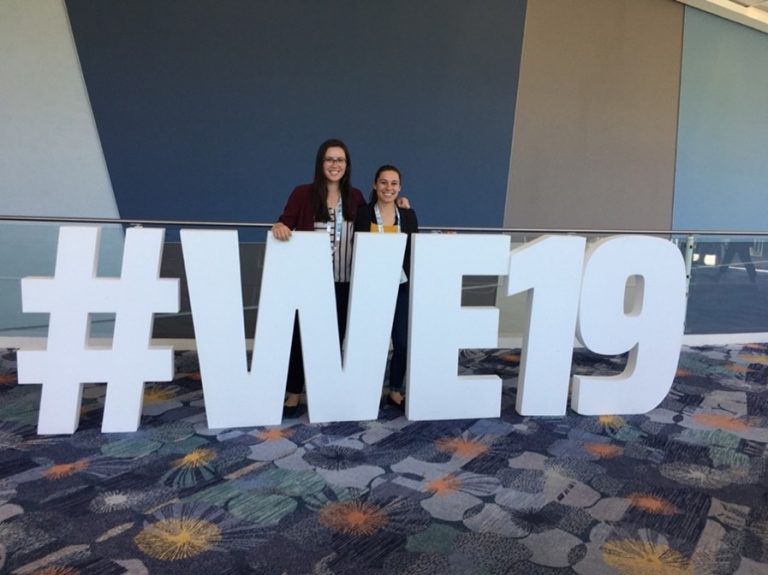
While I found SWE to be a place where I could thrive, there are plenty of other organizations to be a part of. To learn more, you can follow this link for the Engineering Student Organizations at CSU, or other clubs that participate through the general university.
Through an On-Campus or Off-Campus Job
An engineering job will teach you many skills, and not just technical. For example, I work part time as an Engineering Ambassador for the Walter Scott, Jr. College of Engineering. While I don’t do many technical things in this role, I’ve been able to contribute by creating trainings, planning events, supporting prospective and current students, and helping out with recruitment. In this position I’ve been able to grow as a leader by training others, contributing to a greater cause, and learning how to speak to different individuals.
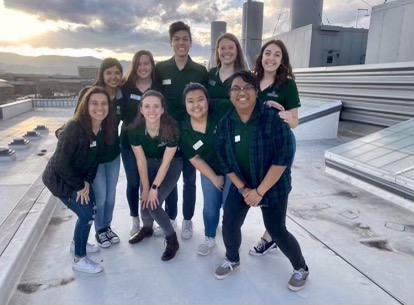
Check out more about what it’s like to be a student ambassador at our blog, What Does Being an Engineering Student Ambassador Look Like? and more about off-campus opportunities with our blog How to Search For, Apply To, and Get Internships!
Leadership Skills are Key!
What’s great about all of these opportunities is that while they are available within the College of Engineering at CSU, you can participate in many more things on the general university level! Participating in any of these opportunities will contribute to your growth as a leader. What’s most important is that throughout your experiences, you grow as a kind–hearted, hardworking, and patient leader. From there, you can use these skills and add them to your resume, talk about them in interviews, and land a great job once you graduate. From there, you can thrive in a company or organization and become known as an amazing leader.
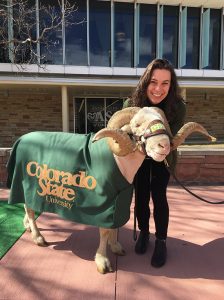
Author: Sarah Verderame
Sarah is a fourth-year majoring in Biomedical and Mechanical Engineering at CSU. She is passionate about biomaterials, surgical equipment, and improving the lives of others through medical advancements. Sarah plans on working in the manufacturing side of biomedical device production after graduation.
If you have any questions, please feel free to reach out to the engineering ambassador team at explore@engr.colostate.edu!